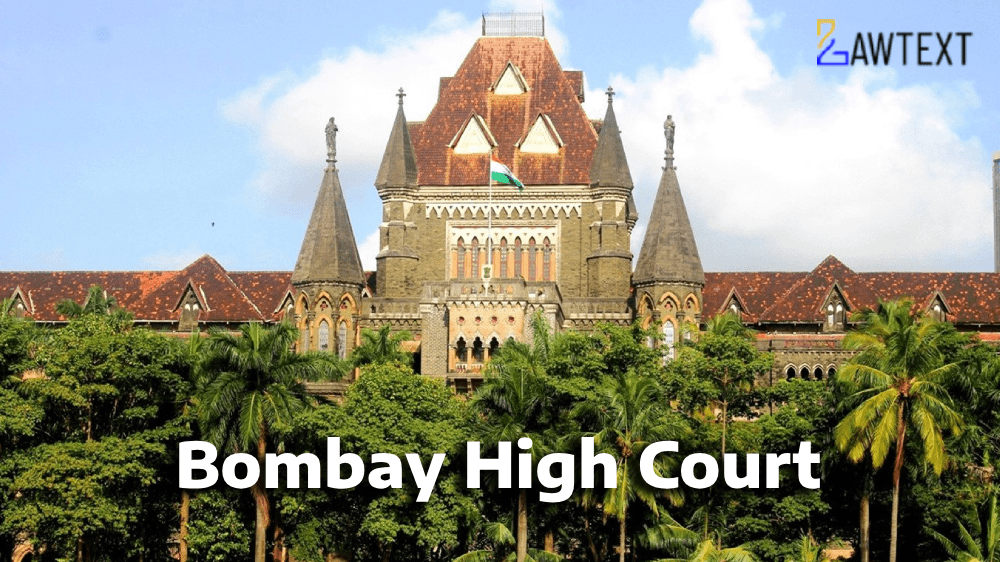

The court examined whether an amendment to the plaint should be allowed after the commencement of the trial. The plaintiff, an illiterate woman, sought to amend the plaint regarding certain sale deeds executed by Defendant No.1, which she claimed were not binding on her. The trial court allowed the amendment, but the defendants opposed it based on the limitation and lack of due diligence. The High Court set aside the trial court’s order, finding that the amendment should not have been allowed as the plaintiff failed to demonstrate due diligence.
The primary issue was whether the plaintiff's application to amend the plaint should be allowed after the trial had commenced, under the proviso of Order 6, Rule 17 of the Civil Procedure Code (CPC). The court found that due diligence was not shown by the plaintiff, who had knowledge of the sale deeds much earlier and did not act within the appropriate time frame. Consequently, the court quashed the trial court’s decision to allow the amendment.
Issue before the Court:
Consent for Final Hearing:
Undisputed Facts:
Plaintiff’s Reason for Amendment:
Defendants' Opposition:
Trial Court’s Reasoning:
Case Law Cited:
High Court’s Analysis:
Conclusion and Decision:
Stay of Order:
The High Court ruled that after the trial has commenced, amendments to pleadings can only be allowed if due diligence is shown. In this case, the plaintiff failed to demonstrate such diligence, as she had long been aware of the sale deeds in question and did not act within a reasonable timeframe. Therefore, the amendment was improperly allowed by the trial court.
Civil Procedure, Amendments in Pleadings, Limitation, Due Diligence
Amendment of Plaint, Due Diligence, Civil Procedure, Sale Deeds, Writ Petition, Limitation, Commencement of Trial, Order 6 Rule 17 CPC
Citation: 2024 LawText (BOM) (10) 92
Case Number: WRIT PETITION NO.10831 OF 2023
Date of Decision: 2024-10-09
Case Title: Ganpat Bhagoji Kshirsagar & Ors. Versus Anjana Krushna Jamdade & Ors.
Before Judge: S. M. MODAK, J.
Advocate(s): Mr.Dilip Bodake:- Advocate for the Petitioners. Mr.Ajit Kenjale a/w Mr.Sohil Gulabani, Mr.Azharuddin Khan, Mr.Sai Kadam:- Advocates for Respondent No.1.
Appellant: Ganpat Bhagoji Kshirsagar & Ors.
Respondent: Anjana Krushna Jamdade & Ors.